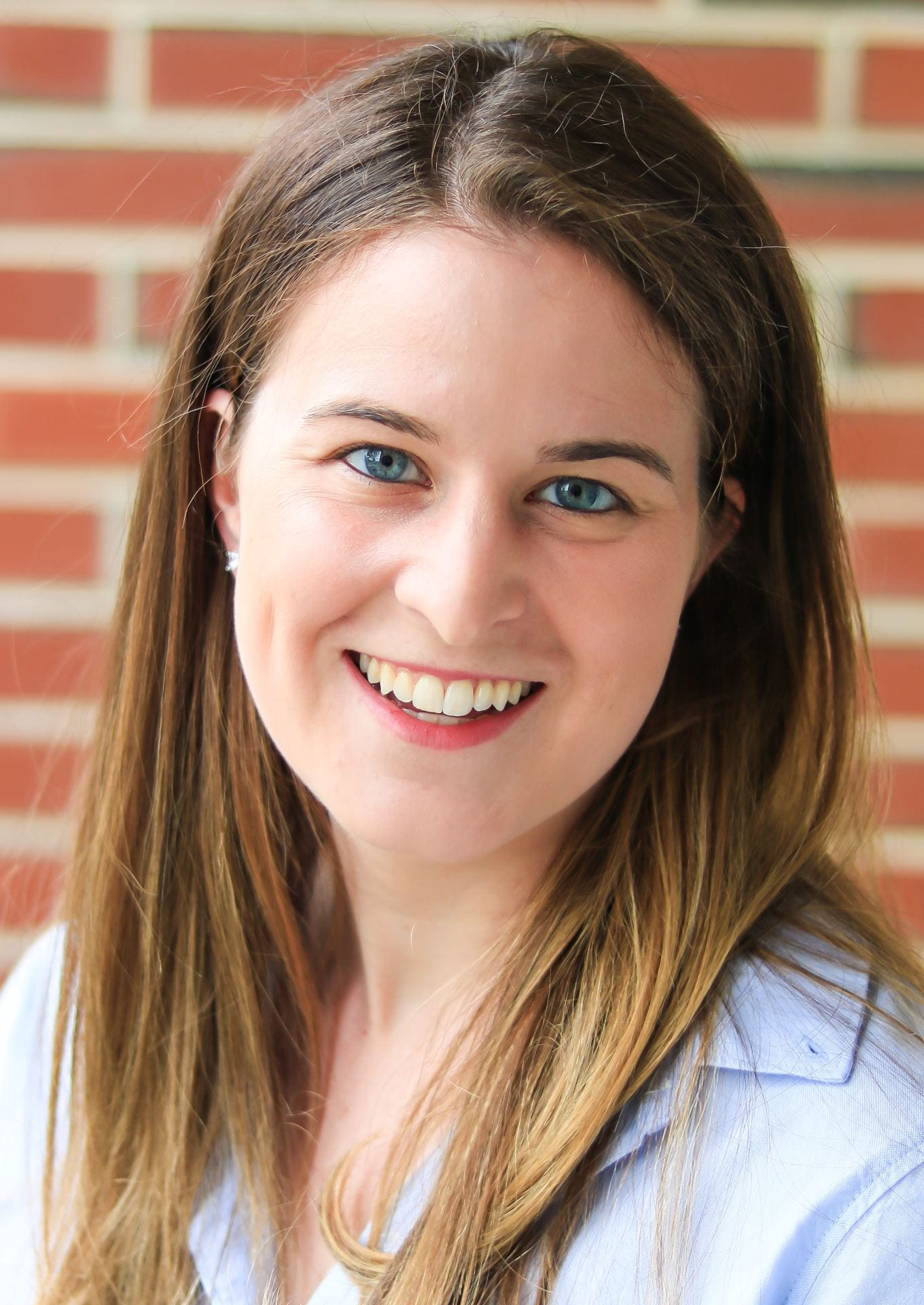 Danielle Waldron thinks it’s important for everyone to maintain a healthy balance between their professional and personal lives. One key: Jump on the right opportunities but don’t feel guilty about saying “no” now and then.
Danielle Waldron thinks it’s important for everyone to maintain a healthy balance between their professional and personal lives. One key: Jump on the right opportunities but don’t feel guilty about saying “no” now and then.
The UMass Boston gerontology PhD candidate is about to take on a prestigious new role, in part to emphasize that message to other young researchers across the country. It was one of those opportunities to go for.
Waldron was recently elected to a leadership position at the Gerontological Society of America’s Emerging Scholar and Professional Organization. She’s beginning a four-year term as the organization’s vice chairman, which will be followed by a term as chairman and another as past chair.
“I want to help foster individual growth in emerging scholars and professionals in order to maximize their personal fulfillment and professional impact in our field,” said Waldron. “Over the past couple of years, I’ve recognized that my own growth has depended on an awareness of when to press ahead and when to press pause.”
Waldron said she will also use her new ESPO position to encourage members to develop relationships with professionals across a range of disciplines.
“I believe that opening lines of communication with researchers, activists, entrepreneurs and other professionals in fields tangential to ours will be critical in making gerontology come alive in the world outside academia,” she said.
In addition to her election to the new post, Waldron has also been invited to participate in the ESPO Presidential Symposium at the GSA annual scientific meeting in Austin, Texas, in November. Consistent with the meeting’s theme of “harnessing the power of networks,” she will discuss the challenges of creating and maintaining social networks for those aging on the autism spectrum.
Waldron will present research conducted along with primary investigator Caitlin Coyle, a research fellow at UMass Boston’s Center for Social and Demographic Research, and John Kramer. They examined the impact of social isolation on individuals aging on the autism spectrum.
Associate professor Elizabeth Dugan noted that Waldron has been building a deep expertise in disability and aging from the very beginning of her doctoral studies.
“Her dissertation research is the culmination of several years of very focused work,” said Dugan, who is chair of Waldron’s dissertation committee. “Her passion for gerontology, organizational capacity and strong interpersonal skills make her a natural leader. ESPO is lucky to have her.”
Last summer, Waldron was selected for a prestigious one-year fellowship intended to prepare new leaders focused on ways healthcare, education and social services are delivered to people with developmental disabilities. She was awarded the Leadership Education in Neurodevelopment Disabilities (LEND) Fellowship by the UMass Medical School’s Eunice Shriver Center

August 27, 2019 at 2:22 pm
Congratulations Danielle on this appointment- GSA is lucky to have your enthusiasm and talents to support students and emerging scholars in the field. Thank you for continuing the traditions of service by UMass Boston PhD students via representation on ESPO leadership. Excited to watch your future!
March 9, 2021 at 11:21 am
exam bank
I was very impressed by this post, this site has always been pleasant news Thank you very much for such an interesting post, and I meet them more often then I visited this site.
March 19, 2021 at 2:25 pm
in stream advertisement
First You got a great blog .I will be interested in more similar topics. i see you got really very useful topics , i will be always checking your blog thanks.